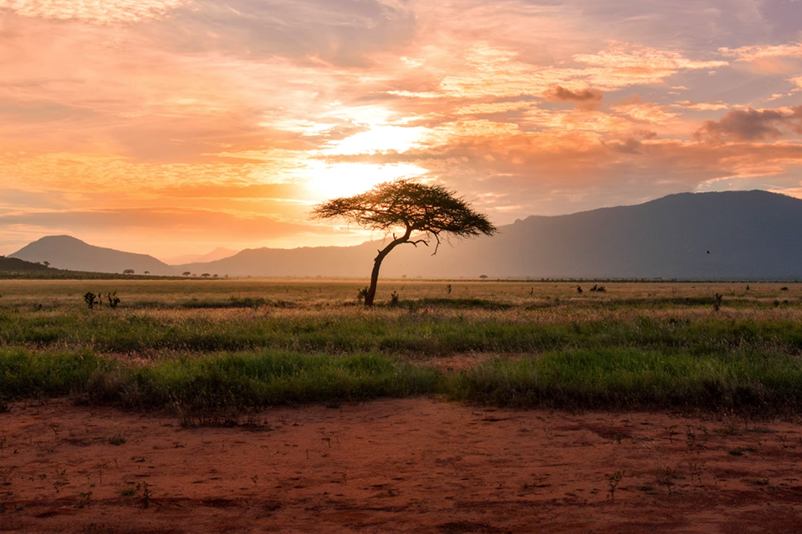Cannabis Monopolies Emerge, South Africa Revs up Cannabis Masterplan

South Africa is prepping a Cannabis Masterplan. Essentially, this is a plan to stop under-the-table cultivation and formalize operations in a domestic cannabis industry that's expected to reach $2 billion by 2023.
The fear that wealthier European, Chinese or North America cannabis players will soon land on South Africa ́s shores is prompting domestic cannabis corporations in South Africa to merge with smaller rivals, create bigger monopolies – and ring fence their backyard.
The Cannabis Masterplan involves breeding programs for new dagga and hemp cultivars, and funneling indigenous (unregistered) cannabis growers in the legal value chain. “In short, the cannabis Masterplan basically means industrializing cannabis production in South Africa,” explained Reggie Ngcobo, the press officer for South Africa ́s Agriculture Ministry. This sounds wise because South Africa ́s cannabis industry has largely operated underground.
It is estimated that 900,000 growers work under the radar of the law. The cannabis Masterplan is set to begin in October 2021. As soon as the cannabis Masterplan was made public, Labat Africa, a local corporation in South Africa, jumped off the blocks. In May, Labat bought a 75% stake ($816 000) in Leaf Botanicals.
Leaf Botanicals is one of the few local companies to hold a cannabis production license awarded by the South African Health Products Regulatory Authority. Leaf holds a South African Health Products Regulatory Authority license to produce dagga for medical use in South Africa.
Not to be outdone, Gold Leaf, one of South Africa's first commercial cannabis brands – and Highlands Investments (formerly Canopy Growth) in neighboring Lesotho, entered into an eye-watering merger deal for a South African record of R650 million ($45million).“This will be the biggest vertically integrated cannabis business venture in Africa.
Highlands’s investors will get 35% shareholding in the resulting entity whilst Gold leaf will take 65%, the bigger share,” says Warren Schewitz, the founder of Gold Leaf.South Africa's cannabis startups are still way cheaper in terms of market capitalization and earnings volumes compared to European, American or Chinese cannabis corporations.
“What you ́re seeing with these cannabis mergers are players saying: hey, the underground cannabis black market is about to be throttled,” argues Juru Dennis Juru, president of the Africa Cross boarders Trading Association which works to bring seamless cannabis trade rules among nations of South Africa, Lesotho, Zimbabwe and Mozambique.
“The motivation behind this rush of mergers is: let's buy out promising South African cannabis startups before foreign (Canadian, Japanese, Chinese, Dutch, American) corporations' hedge funds descend on our turf.” Investors see South Africa ́s cannabis market as a fresh, low-cost entry compared with other markets and it's full of bright prospects compared to well establish cannabis markets like Canada,” argues Carter Mavhiza, an independent public accountant in Johannesburg.
“Emerging markets are lucrative.” This could be one of the reasons why South Africa cannabis investors know that foreign players are coming but they should invest in the South African cannabis sector on more or less the terms of local players.
It ́s probably the reason why Labat also partnered with American company Ace and Axle in May to produce and sell its “CBD smokables” in South Africa, thus potentially controlling how foreign players arrive and navigate the blooming South African cannabis scene. “Ring-fencing is the word,” Juru says. “South African cannabis corporations are waking up to the potential in their backyard and rushing to slice the cake ahead of foreign players. “The cannabis sector is getting very nationalistic worldwide.”
Written and Published By Ray Mwareya in Weed World Magazine issue 153
Image: Unsplashed Damian Patkowski















Please complete your information below to login.
Sign In
Create New Account